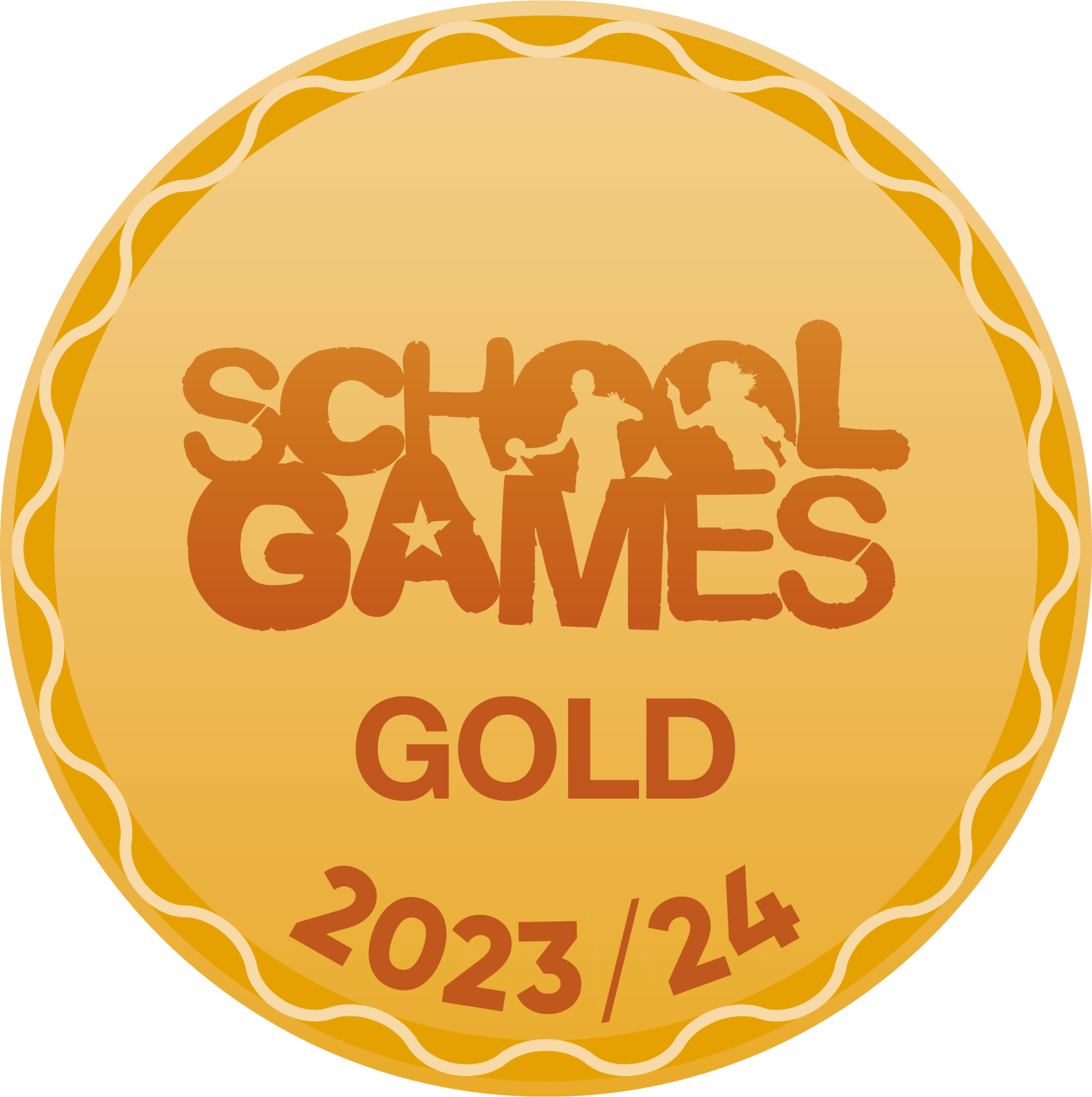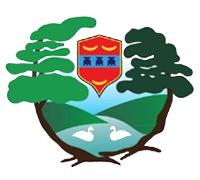Physical Education
Intent
To develop physical confidence to support health and fitness through both competitive opportunities and activities that build character and embed values of fairness and respect.
Implementation:
In the Early Years Foundation Stage, children will be guided in their learning through four overarching principles for a unique child, positive relationships, enabling Environments and learning and development. They will build a good foundation for curiosity and enthusiasm for learning, forming relationships through the Prime Areas including Physical Development where children will develop fundamental movement skills, become increasingly competent and confident and access a broad range of opportunities to extend their agility, balance and coordination, individually and with others. They will be able to engage in competitive (both against self and against others) and co-operative physical activities, in a range of increasingly challenging situations and the Specific Area of ‘Expressive Arts and Design’. Through this specific area, children will also develop their artistic and cultural awareness which supports their imagination and creativity. It is important that children have regular opportunities to engage with the arts, through moving to music. The quality and variety of what children see, hear and participate in is crucial for developing their understanding, self-expression, vocabulary and ability to communicate through the arts. The frequency, repetition and depth of their experiences are fundamental to their progress in interpreting and appreciating what they hear, respond to and observe.
Key Stage 1 pupils will develop fundamental movement skills, become increasingly competent and confident and access a broad range of opportunities to extend their agility, balance and coordination, individually and in team games, developing simple tactics for attacking and defending. They will engage in competitive (both against self and against others) and co-operative physical activities, in a range of increasingly challenging situations mastering basic movements including running, jumping, throwing and catching, and perform dances using simple movement patterns.
Key stage 2 pupils will continue to apply and develop a broader range of skills, learning how to use them in different ways and to link them to make actions and sequences of movement. They will enjoy communicating, collaborating and competing and develop an understanding of how to improve in different physical activities and sport; learning how to evaluate and recognise their own success. They will use running, jumping, throwing and catching in isolation and in combination, play competitive games, modified where appropriate [for example, badminton, basketball, cricket, football, hockey, netball, rounders and tennis], and apply basic principles suitable for attacking and defending. They will develop flexibility, strength, technique, control and balance [for example, through athletics and gymnastics] and perform dances using a range of movement patterns. Pupils will also take part in outdoor and adventurous activity challenges both individually and within a team and compare their performances with previous ones and demonstrate improvement to achieve their personal best.
Swimming and water safety are also taught across the whole school. Pupils will be taught to swim competently, confidently and proficiently over a distance of at least 25 metres, use a range of strokes effectively (for example, front crawl, backstroke and breaststroke) and perform safe self-rescue in different water-based situations.
For pupils with SEND, their personal targets will inform PE planning and, to overcome potential barriers to learning in PE, some pupils may require: adapted, modified or alternative activities that offer an equivalent degree of challenge to the activities in the programmes of study and that enable the pupils to make progress, specific support they need to take part in certain activities or types of movement, and careful management of their physical regime to allow for their specific medical conditions.
Impact:
Our curriculum is designed so that children are taught a variety of activities that will deepen their understanding of PE, year on year, by being introduced to specific skills, sports and vocabulary. As a result, children will become confident in fundamental movements and show resilience when tackling new skills. Through quality teaching, that is engaging and fun, we hope the children will understand the importance and love of physical activity, sport and PE and be motivated to become confident, resilient and disciplined, so that they become independent and take responsibility for their own health and fitness throughout their life. Children will have the opportunity to take part in extra-curricular activities and inter sport competitions. Children across all year groups will also demonstrate their new skills in numerous intra house competitions throughout the year.

